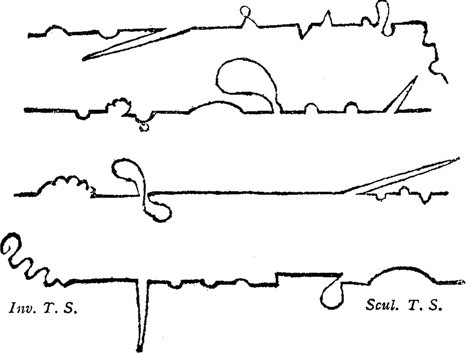Do you hunt or gather when you research? Michael Klein defines hunting as searching for what information you are looking for and gathering as coming across information that might be useful.
The researchers he interviewed and he himself switch between both modes of researching. Then he split those two ideas into four stages. He created a diagram to represent this complex breakdown of the research process ( a similar one is depicted below).
Collecting Rhetorical Pattern Translating Sifting Seeking 
Hunting
Gathering
Klein would put numbers in the appropriate boxes as he was interviewing fellow academics about their research process. A number signified when the researcher had utilized the method of a certain column and row.
The stages are defined as follows…
- Collecting: compiling information and sources
- Rhetorical Sifting : narrowing the information to that relevant to the question you are asking
- Pattern Seeking: identify patterns in data to confirm or reject arguments
- Translating : writing facts into a coherent message (most would not consider this research)
Now that we know the gist of the article and vocabulary of Klein, we can apply it to ourselves as students.
I think that if I were to be interviewed about my research process there would be more data in the gathering row and the translating column. So, my style is to spend more of my time encountering exactly what information I want and translating raw information into an argument through writing. That is not to say that I would not have something in each box, but rather that the concentration would be skewed towards those areas.

Research is not linear! Source: Wikimedia Commons
Klein mentions that perhaps there not exactly a direct or linear route and I definitely agree that in my experience research is messy and complex. It is logical that there are too many variables to be able to crunch research down into some prescribed process. However, these categories do help guide students.
What boxes do you tend to spend the most time in during your research process and which do you neglect?
